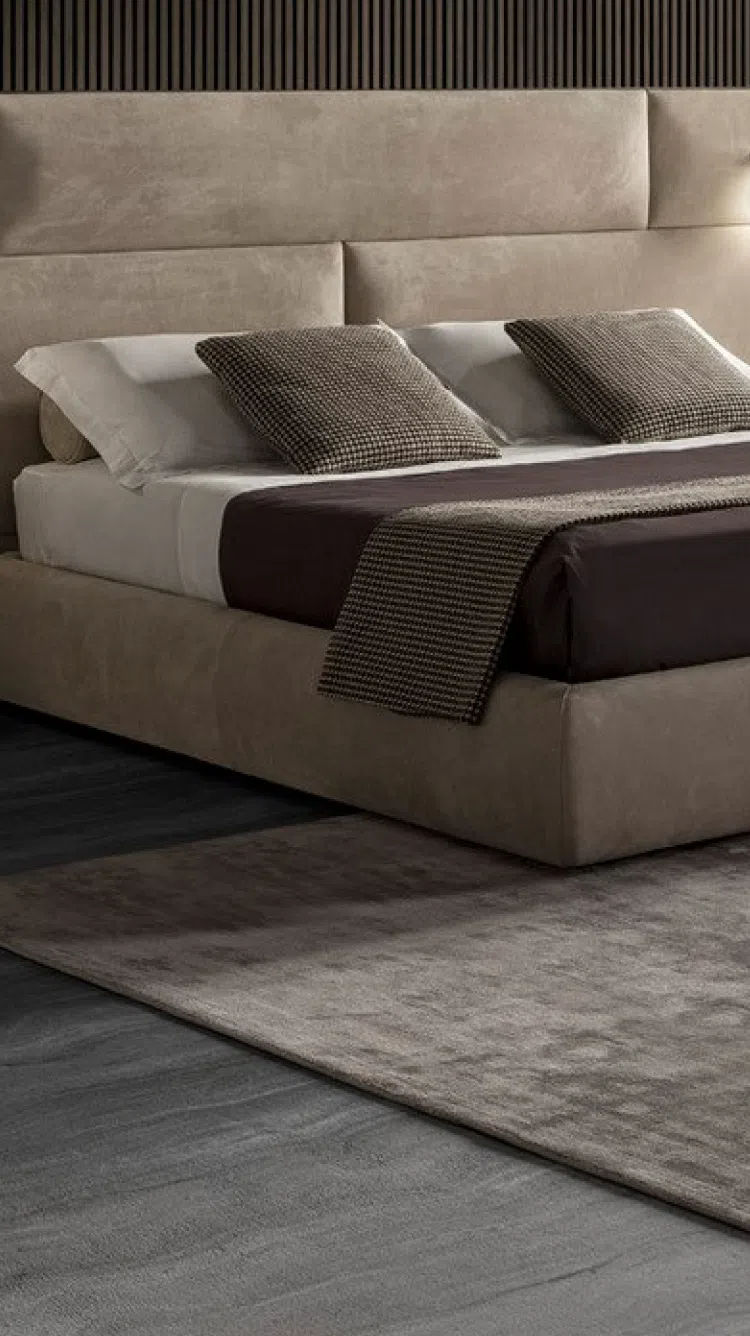
Nylon is a synthetic polymer, belonging to the family of polyamides, that is extensively used in the production of a wide array of products, including textiles, automotive parts, and also furniture.
Properties of Nylon:
Durability: Nylon is known for its excellent wear and abrasion resistance, making it suitable for high-traffic furniture that needs to withstand regular use.
Strength: It has a high tensile strength, which means that furniture components made from nylon are less likely to tear or break under stress.
Resilience: Nylon can regain its original shape after being bent or stretched, which is particularly useful for seating that needs to maintain its comfort over time.
Moldability: It can be easily molded into complex shapes and designs, giving furniture manufacturers the flexibility to create unique and functional pieces.
Resistance to Stains and Chemicals: Nylon is largely resistant to spills and stains, and it can also resist damage from many chemicals, making it a good choice for both indoor and outdoor furniture.
Low Moisture Absorption: It absorbs very little moisture compared to natural fibers, which helps to prevent the growth of mold and mildew and is beneficial for outdoor furniture.
Easy to Clean: Furniture components made from nylon are typically easy to clean, requiring simple wiping or washing.
Heat Resistance: Nylon can withstand higher temperatures without degradation than some other plastics, though it can still be susceptible to warping at elevated temperatures.
Lightweight: Nylon is generally lighter than materials like metal or wood, which can result in more easily movable furniture.
Common Applications of Nylon in Furniture:
Webbing and Straps: Nylon straps are often used in outdoor furniture for their durability and resistance to weather conditions. They can also be found in the construction of certain types of chairs, providing support and tension.
Casters and Wheels: Due to its strong, wear-resistant nature, nylon is commonly used for casters and wheels on office chairs and other mobile furniture, where smooth rolling and durability are required.
Fasteners and Connectors: Nylon fasteners, like screws and dowels, are used in furniture where metal might be too heavy or could corrode. They are lightweight, strong, and can reduce the risk of damaging other components.
Glides and Sliders: Furniture often includes nylon glides or sliders on the bottom of legs to protect floors and aid in movement.
Gears: In pieces of furniture that have adjustable parts, like recliners or office chairs, nylon gears are often used due to their durability and quiet operation.
Considerations:
Sensitive to UV Light: Nylon may degrade with prolonged exposure to UV light, which can cause it to become brittle over time, although this can be mitigated through the addition of UV stabilizers.
Environmental Impact: As a synthetic material, nylon is derived from petrochemicals, and its production can be environmentally taxing. Its non-biodegradable nature also raises concerns over waste and recycling.
Heat Sensitivity: Furniture that will be exposed to continuous high temperatures should be carefully assessed if nylon components are utilized to ensure longevity.
Overall, nylon's properties make it a valuable material for various furniture components, especially where lightness, durability, and resistance to wear are critical factors. It is an advantageous material for designers and manufacturers seeking to innovate with sturdy and long-lasting furniture.



